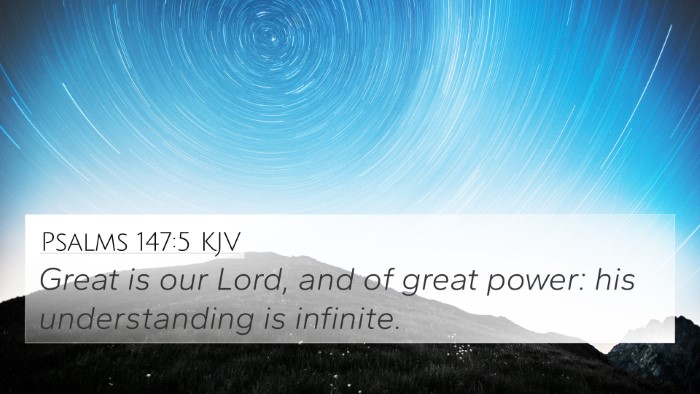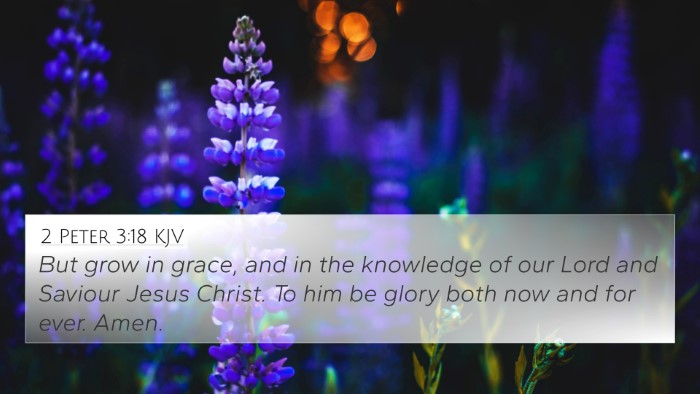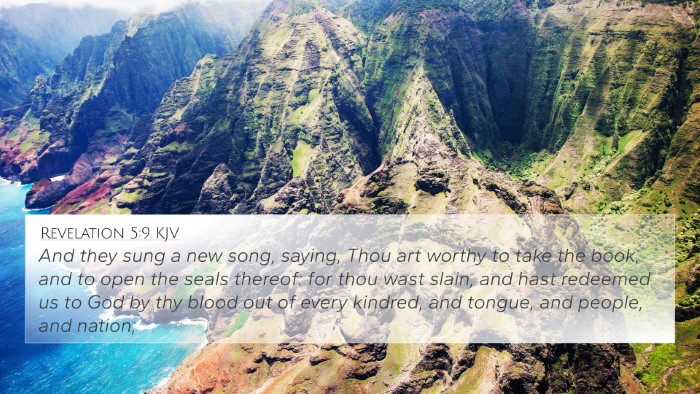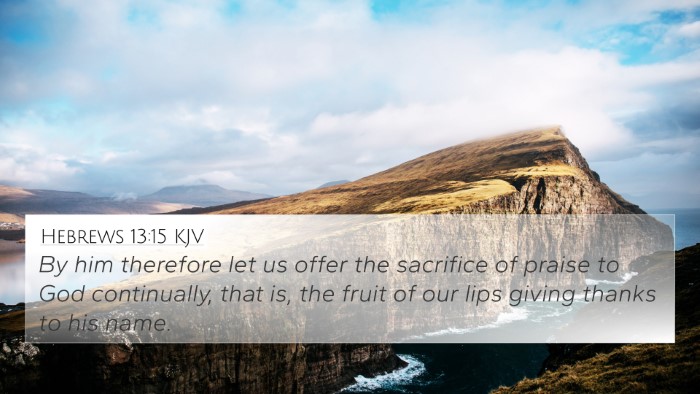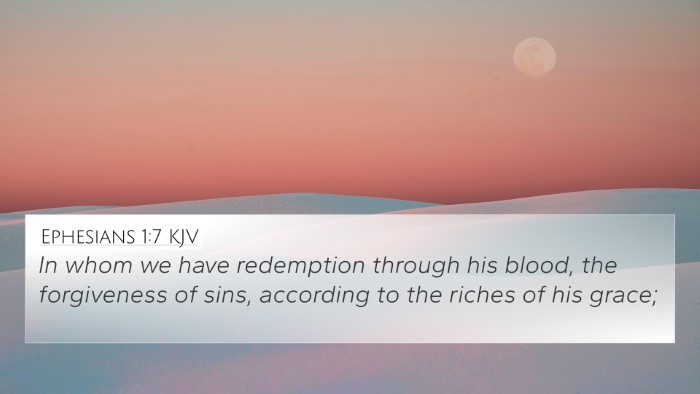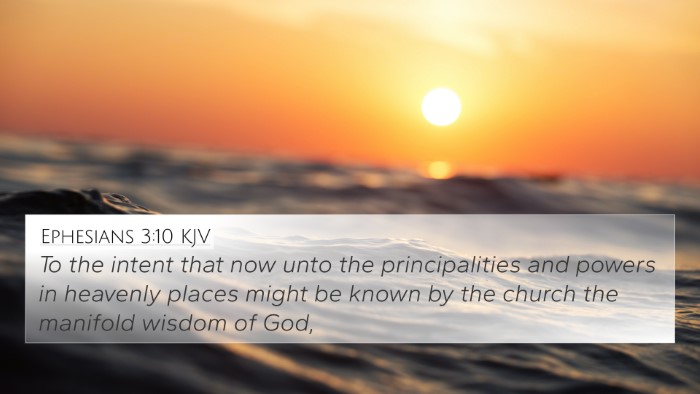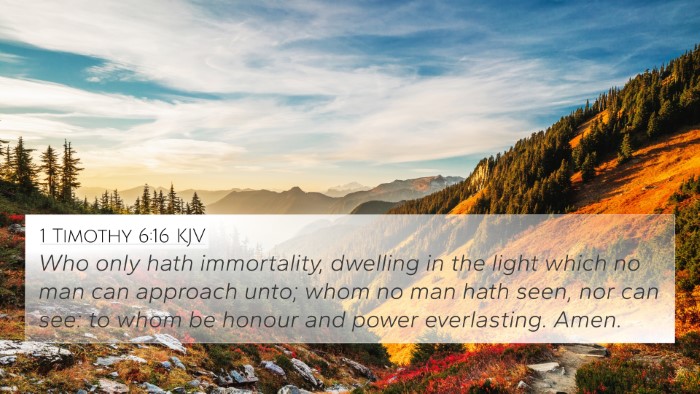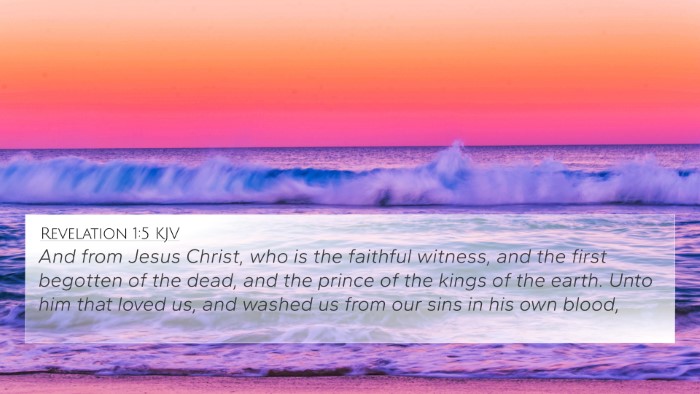Understanding Romans 16:27
Romans 16:27 reads: "To God only wise, be glory through Jesus Christ for ever. Amen." This verse serves as the concluding doxology of the Apostle Paul's letter to the Romans, encapsulating themes of worship, divine wisdom, and the centrality of Jesus Christ in glorifying God.
Summary of Biblical Insights
The interpretation of Romans 16:27 can be enriched by insights from well-respected public domain commentaries such as those by Matthew Henry, Albert Barnes, and Adam Clarke. Together, they highlight a variety of themes including the acknowledgment of God's wisdom, the importance of doxology in Christian faith, and the preeminence of Christ in bringing glory to God.
Divine Wisdom
Matthew Henry emphasizes the importance of acknowledging God's wisdom. The God referred to in this verse is not merely wise but the only wise God, suggesting a uniqueness that sets Him apart from all other forms of wisdom found in the world. This acknowledgment serves as a critical reminder to believers regarding the source of true wisdom, especially in our understanding of salvation and grace.
Christ-Centric Glory
Albert Barnes comments on the phrase “through Jesus Christ,” asserting that all glory ultimately derives from Christ. The glory of God is revealed in the work of Christ, and therefore, redeemed humanity recognizes that any glory given to God is inherent to and validated through the redemptive work of Jesus. This centrality of Christ forms a crucial link between the believer's identity and the divine plan.
Doxological Purpose
Adam Clarke remarks on the significance of doxology in Christian worship. The doxology contained in Romans 16:27 reflects a natural conclusion to the epistle’s theological exposition, where Paul transitions from doctrinal teaching to a moment of praise and thanksgiving. This provides a model for believers to express their faith through worship and acknowledges that all wisdom and glory must be directed to God.
Cross-References for Further Study
To deepen your understanding of Romans 16:27, consider these related Bible verses:
- 1 Timothy 1:17: "Now unto the King eternal, immortal, invisible, the only wise God, be honor and glory for ever and ever. Amen."
- Jude 1:25: "To the only Wise God our Savior, be glory and majesty, dominion and power, both now and ever. Amen."
- Colossians 1:17: "And he is before all things, and by him all things consist."
- Philippians 2:9-11: "Wherefore God also hath highly exalted him, and given him a name which is above every name."
- Ephesians 3:20-21: "Now unto him that is able to do exceeding abundantly above all that we ask or think..."
- 2 Corinthians 1:20: "For all the promises of God in him are yea, and in him Amen, unto the glory of God by us."
- Isaiah 42:8: "I am the Lord: that is my name: and my glory will I not give to another..."
Thematic Connections and Cross-Referencing
This verse highlights the connections between Bible verses, particularly themes of divine wisdom and glory. Exploring these connections through cross-references enriches the reader’s understanding of Scripture as a cohesive narrative. Here are some insights on how various verses relate:
- The recognition of God as wise in 1 Timothy 1:17 parallels the declaration in Romans 16:27, reinforcing the idea of God's unmatched wisdom.
- In Jude 1:25, the plea for glory to God echoes Paul's doxological emphasis, creating a connective thread between letters in the New Testament.
- Colossians 1:17's emphasis on Christ's preeminence complements the focus on Christ’s role in granting glory to God in Romans 16:27.
Conclusion
In conclusion, Romans 16:27 serves as a profound reminder of the importance of recognizing God's wisdom and the role of Jesus Christ in our worship. By compiling insights from various commentaries and cross-referencing significant verses, individuals can gain a more comprehensive understanding of this scripture. The thematic connections illustrated through these verses affirm the integral nature of doxology in the Christian faith, encouraging believers to declare the glory of God through their understanding and actions.
Engaging with these insights not only enhances personal study but prepares one for teaching and sharing the richness of Scripture with others, validating the practice of cross-referencing Biblical texts for a deeper appreciation of thematic Bible verse connections.







